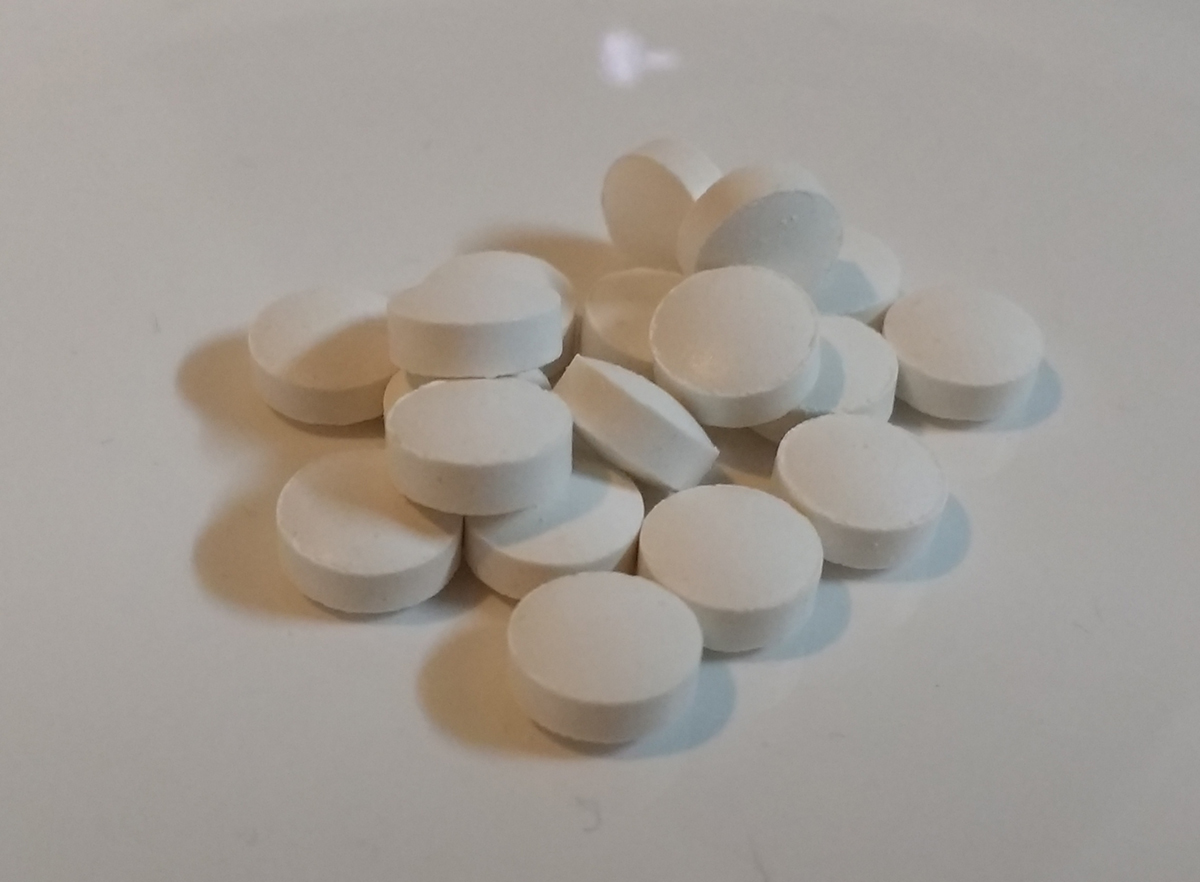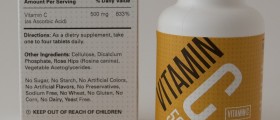
Vitamin E is a term that describes about 8 differentvitamins that are also known as tocotrienols or tocopherols. This vitamincomplex is soluble in fat and, as one of the best natural antioxidants, iscapable to fight against free radicals.
How Much Vitamin E Does Person Need
Recommended dose of vitamin E is about 15mg (or 22.5 InternationalUnits, IU). This is the amount advised for adults older than 14 years of age. Pregnantwomen are recommended to take the same amount of vitamin E, while breastfeedingmothers are suggested to increase the dose to 19mg (which is 28.5IU) per day.
Doses suitable for children are smaller than for adults. A childthat is 1 to 3 years old should take 6mg every day and for children 4 to 8 years the dailydose is 7mg. For kids older than 9 years (and up to their 13thbirthday) doctors recommend taking 11 mg of vitamin E every day.
Food that we eat every day can provide plenty of vitamins E.Just some of the sources of this vitamin complex are: whole grains, wheat germ,different vegetable oils, sunflower seed, spinach and avocados. Vitamin E canalso be found in supplemental form, usually as tablets or capsules. There is adifference between natural and synthetic supplements in the labeling, since naturalvitamin E is labeled with the “d” and synthetic with “dl”. Because of the fat solubility of vitamin E it is always recommended to take these supplementswith meals that contain certain amount of fat, in order to be absorbed moreeasily.
Too Little Vitamin E
Lack of vitamin E is a rare condition, found in some newbornbabies and people suffering from genetic disorders, like problems with alpha-tocopheroltransfer protein. Same problem may also be connected with fat metabolism abnormalities.These patients experience chronic diarrhea, greasy stools and bile secretionproblems. It can also be associated with various eye and digestion problems,nervous system changes, and difficulties in the functioning of the liver or thegallbladder. People suffering from vitamin E deficiency have reported loss ofsensations in the hands and limbs.
Too Much Vitamin E
High doses of vitamin E complex taken regularly have beenknown to provoke bleeding disorders in humans. People that lack vitamin K intheir organism or those who are already using blood thinners (anti-coagulationmedications) are exposed to even higher risk of bleeding.
Potential Interactions
Vitamin E has been proved to react with many medications andsupplements. It is advised to consult your doctor and be very careful if youare using statins, Orlistat, Olestra, Colestipol, Cholestyramine, Sucralfate, anticoagulants(as already stated) and chemotherapy and seizure drugs (anti-epileptics). Fishoil, mineral oils and zinc supplements may also affect the level of vitamin Ein the body.

















Your thoughts on this
Loading...